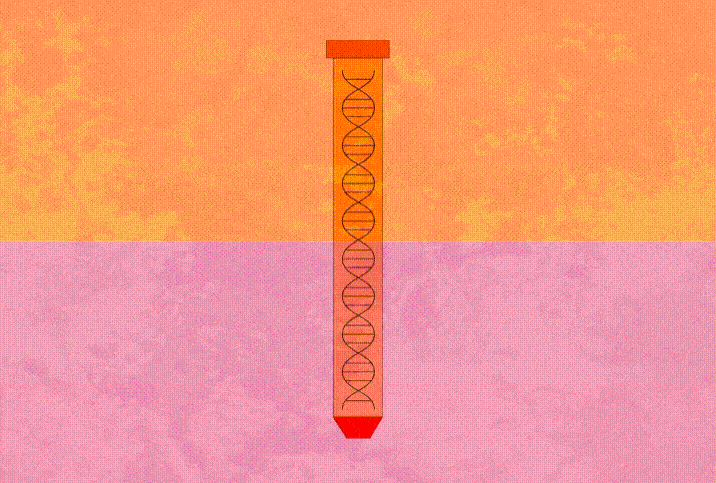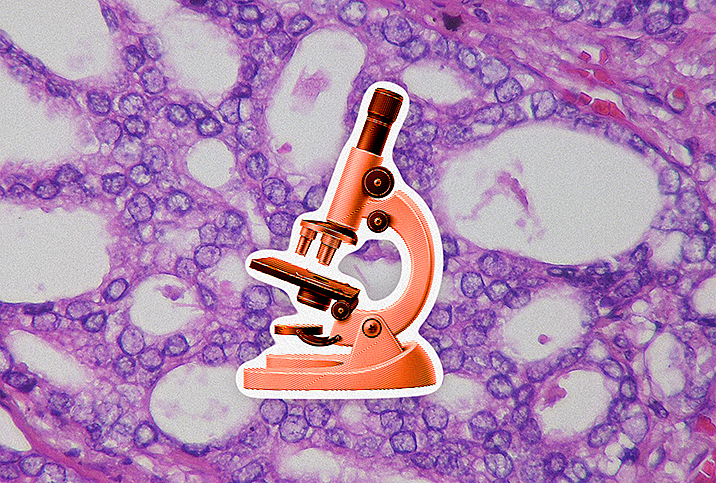First-of-Its-Kind Prostate-Cancer-Detecting AI Software Gets FDA OK

Pathologists and doctors have a new tool to help diagnose and confirm prostate cancer.
The Food and Drug Administration (FDA) on September 21, 2021, granted authorization to Paige, a digital diagnostics company, to market Paige Prostate—artificial intelligence software that can be used to diagnose prostate cancer. According to the FDA, the software is the first of its kind to use AI to help guide a clinician to detect the disease.
The purpose of the software application is to guide qualified pathologists in the diagnosis of prostate cancer, according to Carla Leibowitz, chief business development officer with New York–based Paige. The product analyzes digitized images of biopsies and identifies whether cancer is present—if cancer is found, the software guides the pathologist to where it has been detected.
As part of its authorization process, the FDA evaluated data from a clinical study that involved 16 pathologists who examined 527 digitized slides of prostate biopsies. The study found that using Paige Prostate improved cancer detection on individual slides by an average of 7.3 percent when compared to pathologists evaluating the slides without the software.
AI that's the first of its kind
While the premise of AI in healthcare is not completely new, of course, Paige Prostate is the first of its kind to be authorized by the FDA. Leibowitz explained that the underlying technology in the software––first developed at Memorial Sloan Kettering in New York––has been further developed into two products for pathologists, with Paige Prostate as the first to be released.
She added that because prostate cancer can be difficult to diagnose—pathologists have to scour large areas of tissue to find even small foci of cancer—the ideal standard for diagnosis is to have two qualified pathologists review scans. However, from a practical standpoint, that's not always possible or feasible, which is why the development of an AI product sensitive enough to detect small areas of cancer is a step forward.
'"[It] can give pathologists and patients more confidence that if there was cancer in the tissue, it was indeed detected,'" Leibowitz said.
A helping hand in diagnosis
Prostate cancer is the second most common type of cancer for men in the United States. Diagnosis to guide treatment options is essential, but prostate cancer is a relatively slow-growing cancer in many cases, so patients may have more treatment options than with other types of cancers. Identifying these options depends on accurately diagnosing the cancer, which is why a helping hand to guide diagnosis can be vital.
'"Pathologists examine biopsies of tissue suspected for diseases, such as prostate cancer, every day,'" Tim Stenzel, M.D., Ph.D., director of the Office of In Vitro Diagnostics and Radiological Health in the FDA's Center for Devices and Radiological Health, said in the FDA press release. '"The authorization of this AI-based software can help increase the number of identified prostate biopsy samples with cancerous tissue, which can ultimately save lives.'"
According to Leibowitz, the FDA's authorization of the software also points to a future that will harness the power of AI in healthcare more widely.
'"The FDA approval of Paige Prostate has shown how well-built AI products can serve a broad population,'" she said. "The team at Paige is excited to see it in the hands of practicing pathologists to help patients receive a diagnosis quicker and begin treatments sooner."


















